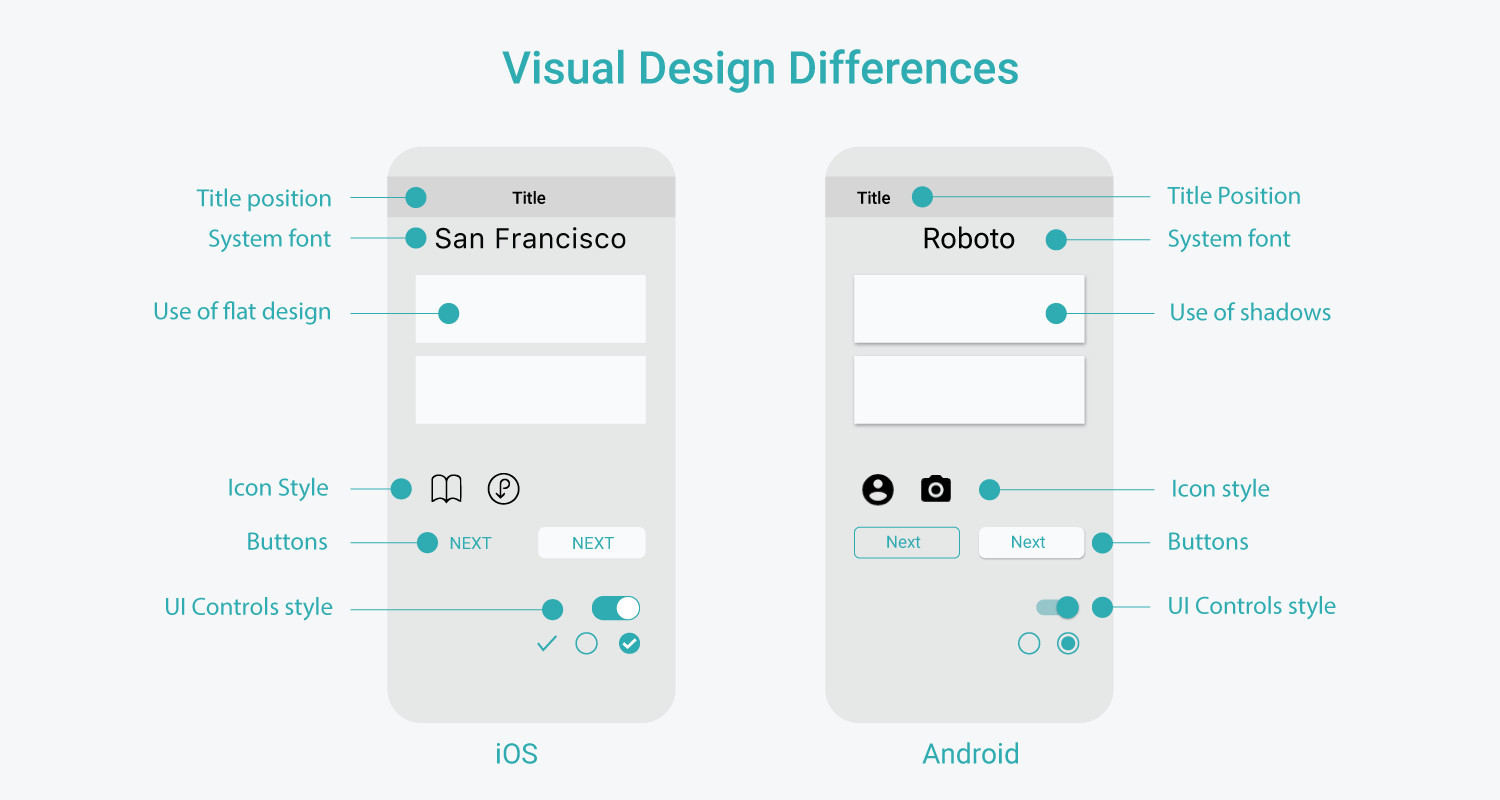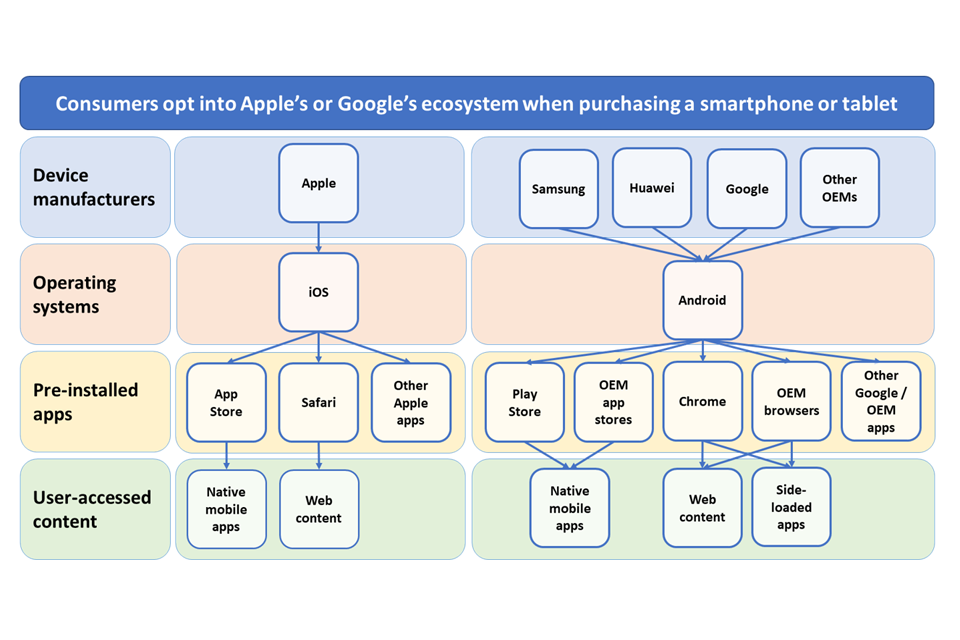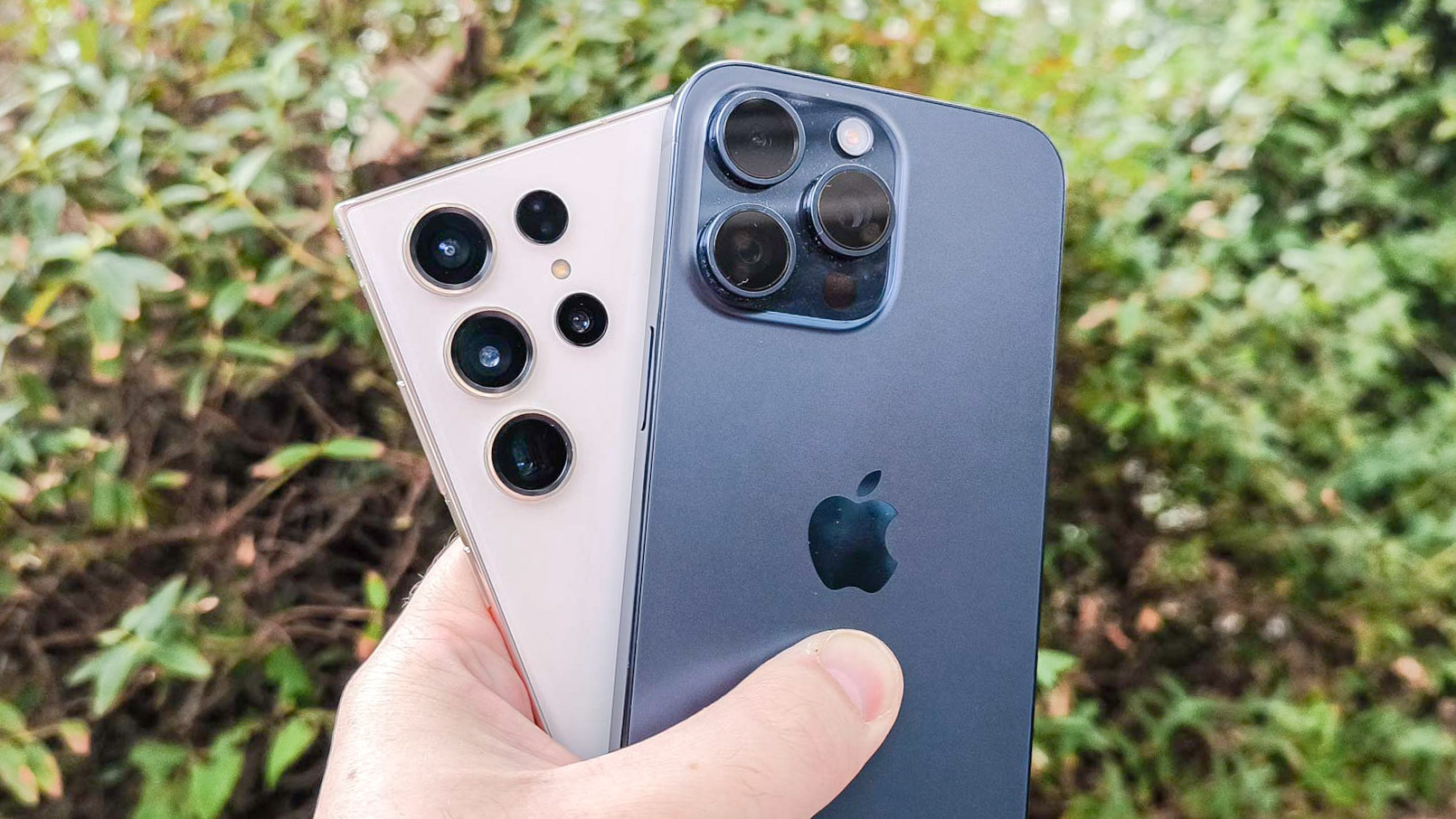iPhone vs Android: Which Is Better For You?
In the ever-evolving world of smartphones, the debate between iPhone and Android users continues to spark discussions and fuel friendly rivalries. Each camp passionately advocates for the superiority of their chosen device, making it a perplexing decision for someone in the market for a new phone. This article aims to break down the complexities, allowing you to make an informed choice based on your preferences and needs.
I. Introduction
A. Overview of the Ongoing Debate
The ongoing debate between iPhone and Android users is more than a matter of personal preference; it's a cultural phenomenon. Understanding the roots of this debate is essential to grasp the intricacies of each platform.
B. Significance of Choosing Between iPhone and Android
The choice between iPhone and Android goes beyond mere brand loyalty. It impacts the way we interact with our devices, the applications we use, and even the ecosystem we become a part of.
II. User Interface
A. iOS Simplicity and Consistency
One of the hallmarks of iPhones is the simplicity and consistency of the iOS interface. Apple's design philosophy revolves around a user-friendly experience that remains consistent across all its devices.
B. Android Customization and Flexibility
On the flip side, Android offers users a level of customization and flexibility that iOS users can only dream of. From changing themes to installing custom launchers, the Android interface is a playground for those who love to personalize their devices.
III. App Ecosystem
A. Apple's App Store Advantages
The App Store's stringent review process ensures that iPhone users have access to a curated selection of high-quality apps. This approach prioritizes user experience and security.
B. Android's Open Ecosystem
Android provides a more diverse range of applications. While this openness fosters innovation, it also introduces a higher degree of variability in app quality and security.
IV. Hardware Options
A. iPhone Models and Their Unique Features
Apple releases a limited number of iPhone models, each with its own set of features. This streamlined approach allows Apple to focus on optimizing the user experience for each device.
B. Diversity in Android Device Choices
In contrast, the Android market boasts an array of devices from various manufacturers, catering to different budgets and preferences. This diversity is a double-edged sword, offering choice but potentially overwhelming users.
V. Security
A. Apple's Closed System and Security Features
The closed nature of the Apple ecosystem contributes to a more secure environment. Apple's control over both hardware and software enables prompt security updates and a lower risk of malware.
B. Android's Approach to Security and User Control
Android, with its open-source nature, grants users more control over their devices. However, this openness also makes it susceptible to security threats, necessitating a more proactive approach from users.
VI. Integration with Other Devices
A. Apple Ecosystem Benefits
The integration of iPhones with other Apple devices, such as Macs, iPads, and Apple Watches, creates a seamless user experience. Messages sync, and tasks transition effortlessly across the ecosystem.
B. Android's Compatibility with Various Platforms
Android's flexibility extends beyond customization to compatibility with various platforms. Users can easily connect their Android devices to Windows PCs and other non-Apple hardware.
VII. Cost Considerations
A. Pricing Structure of iPhones
Apple products, including iPhones, are renowned for their premium pricing. This premium is justified by the build quality, user experience, and the exclusivity associated with the brand.
B. Affordability and Range in Android Devices
Android, with its diverse market, offers devices spanning a wide price range. This affordability caters to a broader audience, providing options for budget-conscious consumers.
VIII. Customization
A. iOS Limitations in Customization
iOS, while offering a sleek and consistent interface, comes with limitations in terms of customization. Users looking to tweak every aspect of their device may find iOS restrictive.
B. Android's Extensive Customization Options
Android, known for its openness, allows users to personalize nearly every aspect of their device. From widgets to custom ROMs, the level of customization is limited only by the user's technical proficiency.
IX. Software Updates
A. Timely Updates on iPhones
Apple's control over both hardware and software ensures that iOS updates are promptly available for all supported devices. This uniformity enhances the user experience and security.
B. Variability in Android Update Releases
Android, with its diverse range of devices and manufacturers, faces challenges in delivering timely updates. This variability means some users may have to wait longer for the latest features and security patches.
X. Camera Quality
A. iPhone Camera Technology and Advancements
Apple has consistently pushed the boundaries of smartphone photography. The integration of advanced camera technologies in iPhones makes them a popular choice for photography enthusiasts.
B. Android Phones' Camera Capabilities
Android devices, produced by various manufacturers, showcase a range of camera capabilities. Some flagship Android phones rival or even surpass iPhones in terms of camera performance.
XI. Voice Assistants
A. Siri on iPhones
Siri, Apple's voice assistant, is deeply integrated into the iOS ecosystem. Its seamless interaction with other Apple services adds a layer of convenience for iPhone users.
B. Google Assistant on Android Devices
Google Assistant's integration with Android devices leverages Google's extensive knowledge graph, providing users with a powerful and context-aware voice assistant.
XII. User Experience
A. Real-World User Experiences with iPhones
Examining real-world user experiences sheds light on the day-to-day satisfaction and challenges faced by iPhone users.
B. Real-World User Experiences with Android Devices
Similarly, understanding the experiences of Android users provides valuable insights into the strengths and weaknesses of the platform.
XIII. Sustainability
A. Apple's Environmental Initiatives
Apple has taken significant strides in making its products more environmentally friendly. From using recycled materials to reducing carbon footprint, sustainability is a key focus.
B. Sustainability Efforts in Android Manufacturing
While individual Android manufacturers may have their sustainability initiatives, the lack of a unified approach makes it challenging to assess the overall impact of Android devices on the environment.
XIV. Market Trends
A. Current Market Share of iPhone and Android
Analyzing the current market share provides a snapshot of the popularity and preference of each platform.
B. Predictions for the Future of Smartphones
Considering technological advancements and consumer trends, making informed predictions about the future landscape of smartphones.
XV. Conclusion
A. Summarize Key Points
Summing up the key considerations discussed throughout the article, emphasizing the factors that matter most to the reader.
B. Encourage Readers to Make an Informed Choice
Empower readers to weigh their priorities and make a choice based on their preferences, needs, and lifestyle.
FAQs (Frequently Asked Questions)
Is an iPhone or Android better for gaming?
- Consider the hardware specifications and app availability. iPhones are known for their powerful processors, but high-end Android devices can also provide a robust gaming experience.
Which platform is more secure against malware?
- Apple's closed ecosystem generally provides a more secure environment, but both platforms require users to practice good security habits.
Can I switch from iPhone to Android or vice versa easily?
- While it's possible, there might be some challenges in transferring data between the two platforms. Both ecosystems have tools to aid in the transition.
Do Android devices receive software updates as consistently as iPhones?
- The consistency of Android updates varies among manufacturers. Google's Pixel devices tend to receive updates promptly, while other manufacturers may have delays.
Is it worth paying the premium for an iPhone over a mid-range Android device?
- The decision depends on individual preferences and priorities. Consider factors like build quality, camera performance, and the overall user experience.








0 Comments